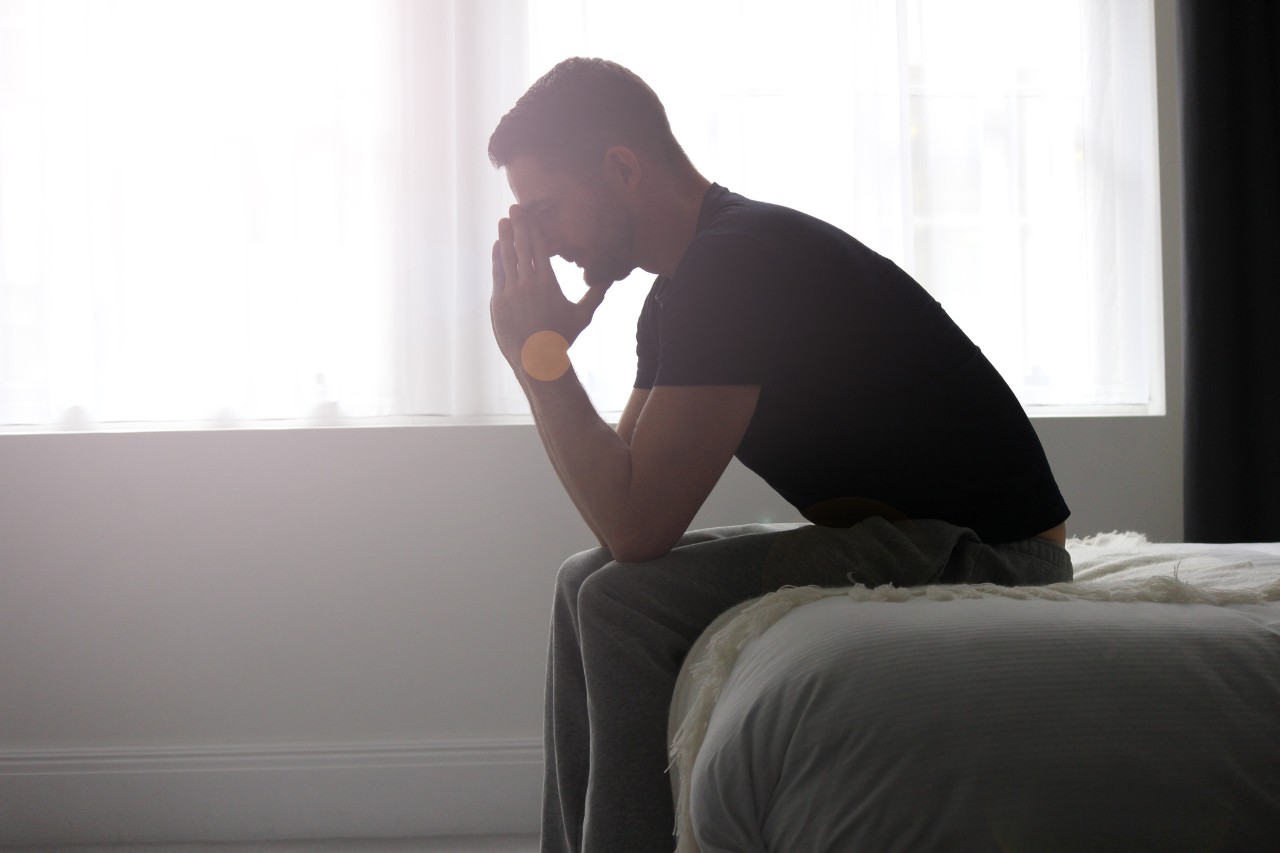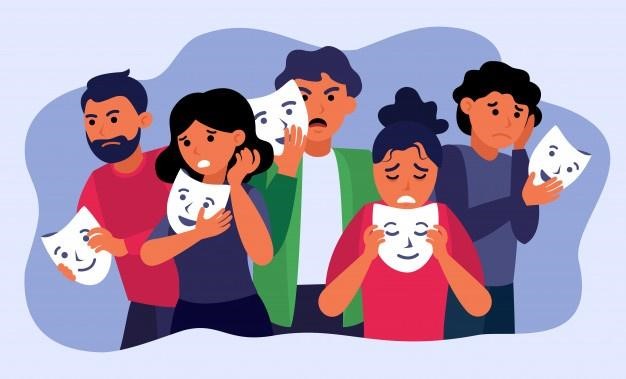A Quick Guide
Situational depression occurs in response to a specific stressor or traumatic event, such as relationship issues, divorce, the death of a loved one, or serious illness. It shares symptoms with Major Depressive Disorder but is distinguished by its connection to a stressor. While not an official diagnosis, it falls under Adjustment Disorder with Depressive Symptoms. It typically lasts for a short duration, dissipating within six months of the stressful event. Coping strategies include routine, exercise, healthy eating, hobbies, support systems, sleep hygiene, meditation, and journaling. Treatment options include therapy (such as Cognitive Behavioral Therapy) and medication (such as SSRIs or anti-anxiety drugs) for severe cases.
What is Situational Depression?
Situational Depression occurs in response to some sort of stressor. It can develop if you have gone through some traumatic event or series of events. Especially if it was an accident, relationship issues, divorce, death of a loved one, or some serious illness, etc. This form of depression is quite common. We all have experienced it at some point in our lives.
A lot of its symptoms match with Major Depressive Disorder (MDD). But one of the differences is that MDD is a mood disorder that can develop with or without a stressor. Whereas, situational depression only occurs in response to any stressor or traumatic event.
Moreover, according to DSM 5, it is not an official diagnosis. But it is actually categorized as an Adjustment Disorder with Depressive symptoms.
Common Symptoms
While every person shows different symptoms, some of the common ones include the following:
- Anger issues
- Avoiding social situations and interaction
- Being constantly sad
- Constantly feeling anxious or stressed out
- Difficulty carrying out daily activities
- Disinterest in food
- Feeling overwhelmed
- Frequent bouts of crying
- Hopelessness
- Lack of enjoyment in normal activities
- Lack of motivation
- Sleeping difficulties
- Suicidal thoughts or behaviors
- Trouble focusing
- Unable to take care of important matters like paying bills or going to work
So it usually starts around 90 days after a stressful event. Because it is typically short-term. Its symptoms start to dissipate after 6 months following the stressful event.
Learn more about Mild Depression: 6 Telltale Signs, Causes, & Self-Help Strategies
Watch: [Situational Depression]
Causes
Since we have already established that any stressful event can cause you to have situational depression. Some of its common causes include the following:
- Divorce
- Experiencing a pandemic like the recent Covid 19
- Family problems
- Financial problems
- Loss of a loved one
- Loss of a job
- Natural disasters
- Relationship crises
- Relocating
- Retirement
- Serious accident
- Serious illness
- Social problems at home, school or work, etc
Other than that, there are some people who are more prone to it. For instance,
- If you have had a considerably stressful childhood.
- Or you already have some sort of mental illness.
- If you have a family history of mental illness.
- Or if you keep experiencing multiple traumatic events at the same time.
Tips for healthy coping
So usually, as time passes, the individual starts to recover and adjust as their situation changes. So their symptoms also start to dissipate. Though here we have different tips that can help you in alleviating your symptoms. Some of these include the following:
- Creating a routine for yourself
- Consistent workout
- Clean eating
- Getting a new hobby
- Having a support system
- Maintaining good sleep hygiene
- Meditation
- Writing in a journal
Treatment
If there is a severe case of situational depression, there are effective treatments available. On one hand, you can get group therapy or individual counseling. Medication is also available. Furthermore, at times psychotherapy and medication are also combined to achieve better results.
Psychotherapy
Your therapist may use Cognitive Behavioral Therapy (CBT) to treat your symptoms. This is because CBT can help you in changing your negative thought patterns into more adaptive ones. So you can become more resilient and develop strong coping skills for stressors in your life. It is quite helpful in the long run, as it reduces your chances of relapsing.
Medication
Some of the medications used to treat severe symptoms include anti-depressants such as Selective Serotonin Reuptake Inhibitors (SSRIs) or anti-anxiety drugs.
While situational depression can be really difficult to deal with. As time passes, you will recover eventually. If you are having suicidal thoughts, contact the National Suicide Prevention Lifeline at 1-800-273-8255 for support from a trained counselor.
We hope you found this article helpful in understanding situational depression and its symptoms, causes, and treatment.



 Gestalt Therapy: All you need to know about it
Gestalt Therapy: All you need to know about it  Trauma and Stressor-Related Disorders: Causes, Symptoms, & Coping Strategies
Trauma and Stressor-Related Disorders: Causes, Symptoms, & Coping Strategies  Teletherapy: The Benefits, Types, Challenges, and Uses
Teletherapy: The Benefits, Types, Challenges, and Uses  Signs of Depression in Men: Recognizing the Symptoms
Signs of Depression in Men: Recognizing the Symptoms  Dissociative Fugue: Symptoms, Causes, Treatment & More
Dissociative Fugue: Symptoms, Causes, Treatment & More  Interpersonal therapy IPT: A brief overview
Interpersonal therapy IPT: A brief overview